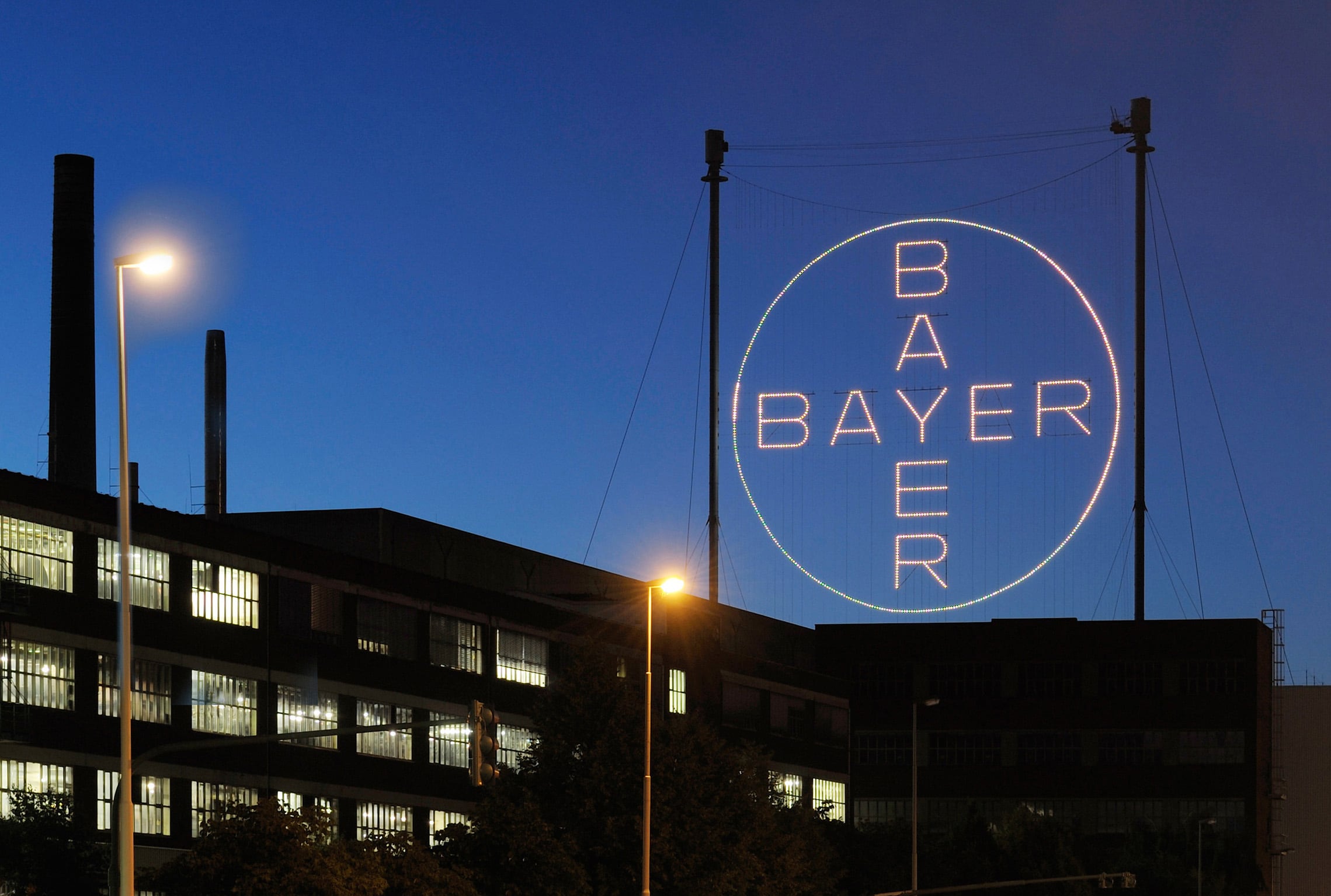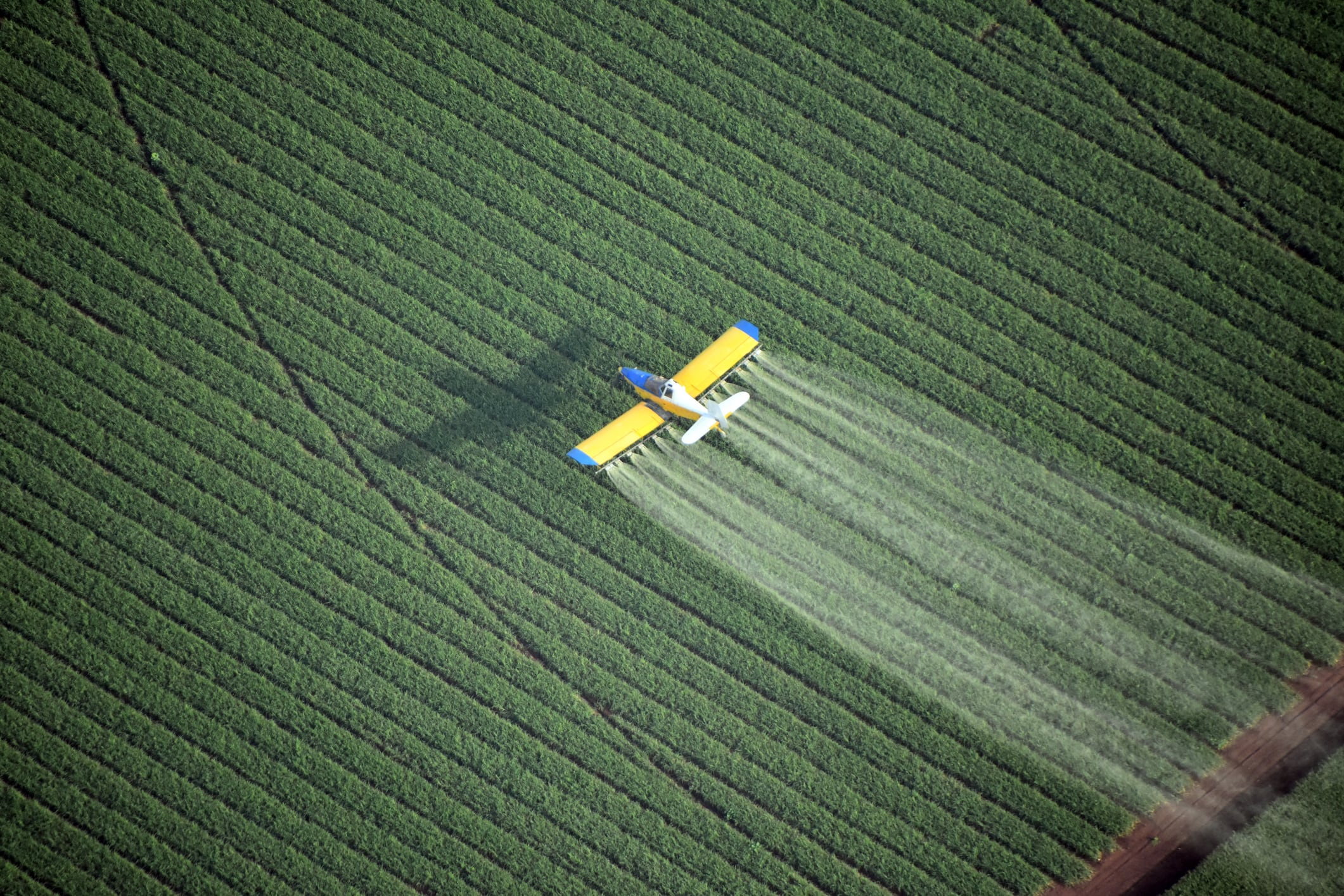The German maker of pharmaceuticals and crop protection products reported solid crop science sales growth of 2.2% in the second quarter of the year. The rise was higher than analysts predicted and mainly due to strong corn seed and traits performance supported by price increases and higher acreage.
The rise in sales came despite significant litigation provisions, notably related to glyphosate claims worth €1.2 bn in Q2 alone, weighing down Bayer’s net income. Bayer also faces headwinds from regulatory impacts such as the loss of the controversial weedkillers Dicamba and Movento which are now effectively banned in the EU and US.
Geopolitical and currency headwinds, including a weaker US dollar, are ongoing risks to sales and earnings. But overall, the company remains confident in delivering its 2025 guidance across all divisions including crop science.
Bayer has slashed 12,000 full-time positions since launching a restructuring effort at the start of the year aimed at streamlining decision-making and reducing layers of management and administration.
Growing investor confidence
Bayer’s share price responded positively to the Q2 earnings, rising about 2% in early Frankfurt trade, as investors were reassured about the company’s growth prospects.
Bayer has been under pressure from investors to consider a breakup of the group, including a potential spin-off of its crop science business or the sale of its consumer health division. But the company said it is holding off on such moves for now, as it continues to manage legal risks tied to US lawsuits over its Roundup weedkiller.
Focus on innovation paying off?
The results also mark a turnaround from Bayer’s earnings in the first quarter 2025, when crop science sales declined. Then, the company highlighted a strategic priority to focus its crop science business on highly innovative technologies and products that differentiate it from generic competitors.
Bayer emphasized innovation-led growth and the need to allocate capital and R&D spending toward proprietary solutions, traits, and digital agriculture platforms.
Addressing the media after the latest results, CEO Bill Anderson highlighted progress on strategic priorities with a focus on innovation launches, portfolio management, and supply chain resilience amid an uncertain external environment.
“Our crop science team is making headway on their plan to improve profitability,” he said.
“We’ve reached agreement on the central points of a joint declaration with our workers’ representatives and can begin streamlining production and operations. We’ve also reached important milestones for our crop protection portfolio. The EPA has proposed approval for dicamba, and we recently submitted icafolin – our blockbuster herbicide molecule – for approval in the US, Canada, Brazil, and the EU.”
Litigation risk: the elephant in the room?
The company is “acutely aware” of the threat of glyphosate claims, he added.
“We affirm our objective to significantly contain the litigation risk by the end of 2026… We’re making each decision with one broader goal in mind: narrowing the overall threat and bringing our company closer to containment.”





